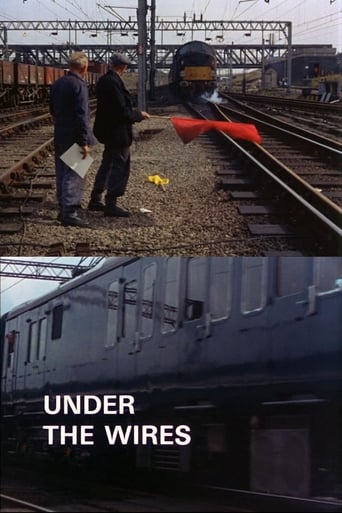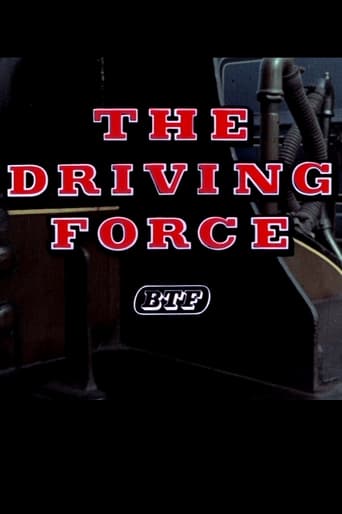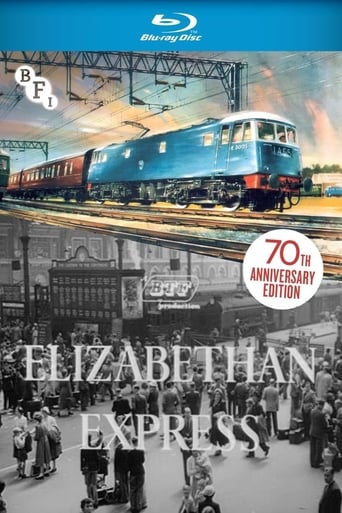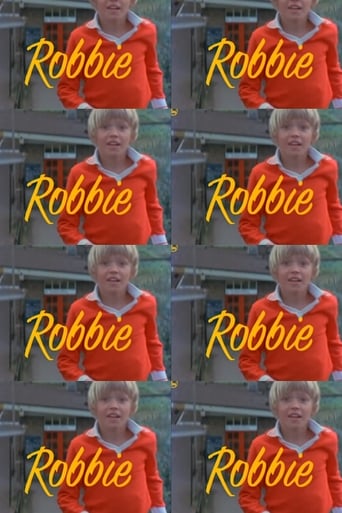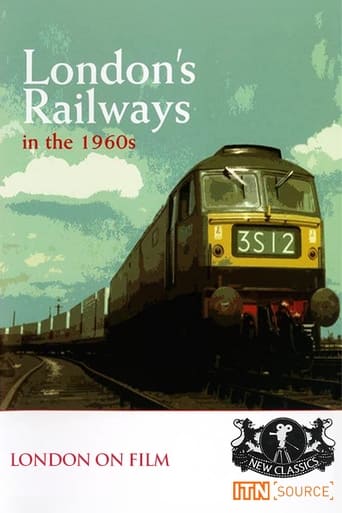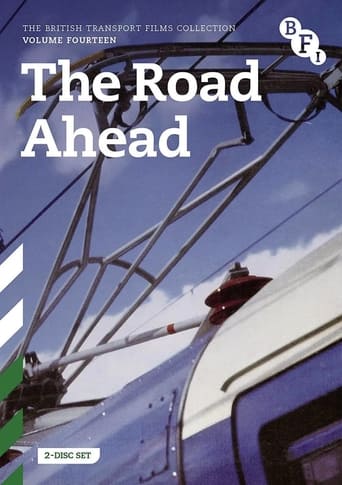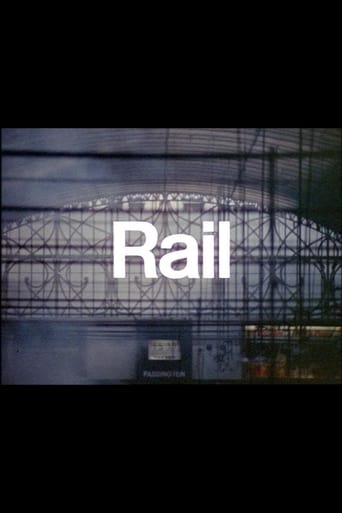Day-to-Day Track Maintenance Part II: Switches & Crossings 1952
Continuing the study of the normal tasks performed by a permanent-way gang, this film deals with the maintenance of switches, common crossings and obtuse crossings. These are the fundamental units from which all track layouts, however complicated are built up.

